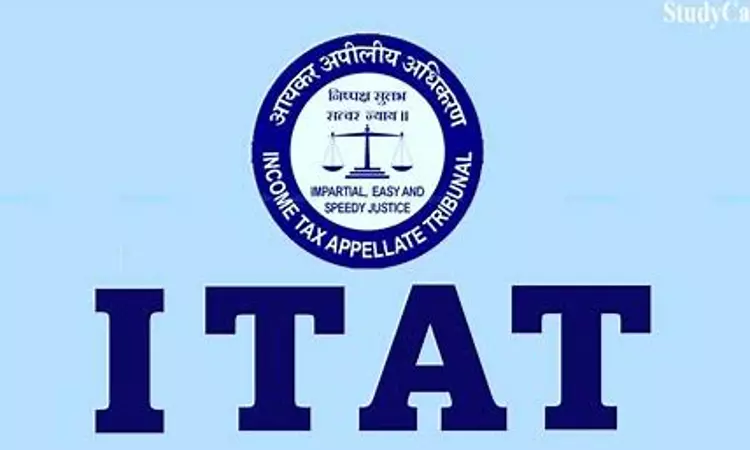Transferor Not Liable U/S 56(2) Of Income Tax Act For Undervalued Property Sale To Spouse: ITAT
Mehak Dhiman
18 Jun 2025 4:15 PM IST
The Income Tax Appellate Tribunal Chennai stated that transferor not liable under Section 56(2) Of Income Tax Act for undervalued property sale to spouse. The Bench of SS Viswanethra Ravi (Judicial Member) and Amitabh Shukla (Accountant Member) observed that “the hypothesis propounded by the Ld.AO is flawed and not supported by the statutory stipulations governing the matter. It...
The Income Tax Appellate Tribunal Chennai stated that transferor not liable under Section 56(2) Of Income Tax Act for undervalued property sale to spouse.
The Bench of SS Viswanethra Ravi (Judicial Member) and Amitabh Shukla (Accountant Member) observed that “the hypothesis propounded by the Ld.AO is flawed and not supported by the statutory stipulations governing the matter. It is true that the wife of the assessee has acquired a property for an amount significantly lower than its actual reported value. However, the said transactions would make the wife of the assessee liable for additional taxation within the meanings of Section-56(2). Stretching the transaction and implicating assessee into it does not appears to be the correct line of action”.
In this case, the assessee, popularly known as 'Hot Breads Mahadevan' is into the business of setting up of restaurants and bakeries under his own brands like hot bread and of other brands in partnership with brand owners, in India and overseas.
During the search proceedings it was detected that the assessee Shri Mahadevan was claiming his status as Non-Resident in the Income tax returns filed by him and thus has been declaring his income earned in India only.
He was not declaring the global income on account of his claim of being Non-Resident. Consequent to search proceedings, the assessment order u/s 153A for A.Y 2013-14 to 2018-19 and u/s 143(3) for A.Y 2019-20 were passed on 30.03.2022 by determining the residential status of the assessee u/s 6 of the Act as 'Resident in India' for Tax purposes as per the Income-tax Act, 1961 and his global income was brought to tax.
AO concluded that the assessee had stayed in India for more than 182 days during AYs 2011-12, 2013-14, 2014-15, 2015-16, 2016-17, thereby satisfying Section 6(1)(a) and so he is a resident in India as per Income-tax Act, 1961.
AO also observed that the sale of fine dining division of OCPL to CCMPL included a significantly valued property at 71 cathedral road in Chennai, which was again sold by OCPL to assessee's wife Ms. Badrunissa at a much lower value.
It is the case of the Revenue that the assessee, as evident from Visas granted to him, was not travelling for business purposes and therefore cannot claim that the visits were for business purposes.
The bench after looking into Section 6 of Income Tax Act observed that the first and foremost condition to be satisfied by a person to claim that he is not exigible to the provisions of the act is that during an year he should not have been “in India” for a period of 182 days or more. Thus, if a person was in India for a period exceeding 182 days or more, he / she shall be deemed to be resident in India and consequently its global income would be taxed.
The bench noted that the land and building belonging to Fine Dine Division of OCPL was sold through slump sale to CCPL and also that the assets of the impugned Fine Dine Division of OCPL included the property at 71, Cathedral Road, Chennai. The sale of the same again to assessee's wife through assessee's son who was power of attorney holder of the CCPL again becomes questionable transaction.
In view of the above, the bench partly allowed the appeal and directed the AO to give opportunity of hearing.
Case Title: Deputy Commissioner of Income Tax, Central Circle, Chennai v. M. Mahadevan
Case Number: ITA No.1824/Chny/2024
Counsel for Appellant/ Assessee: G. Gireesh
Counsel for Respondent/ Department: C. Vatchala



